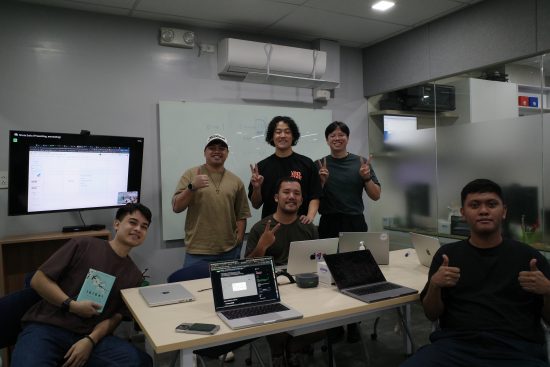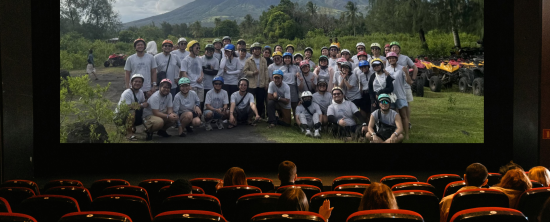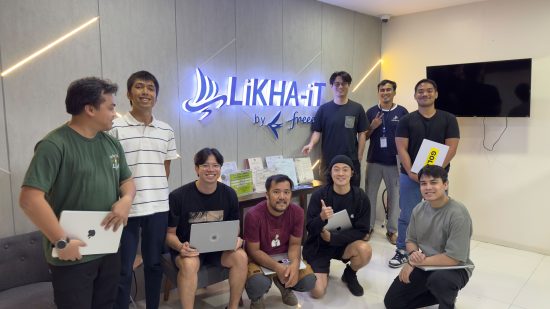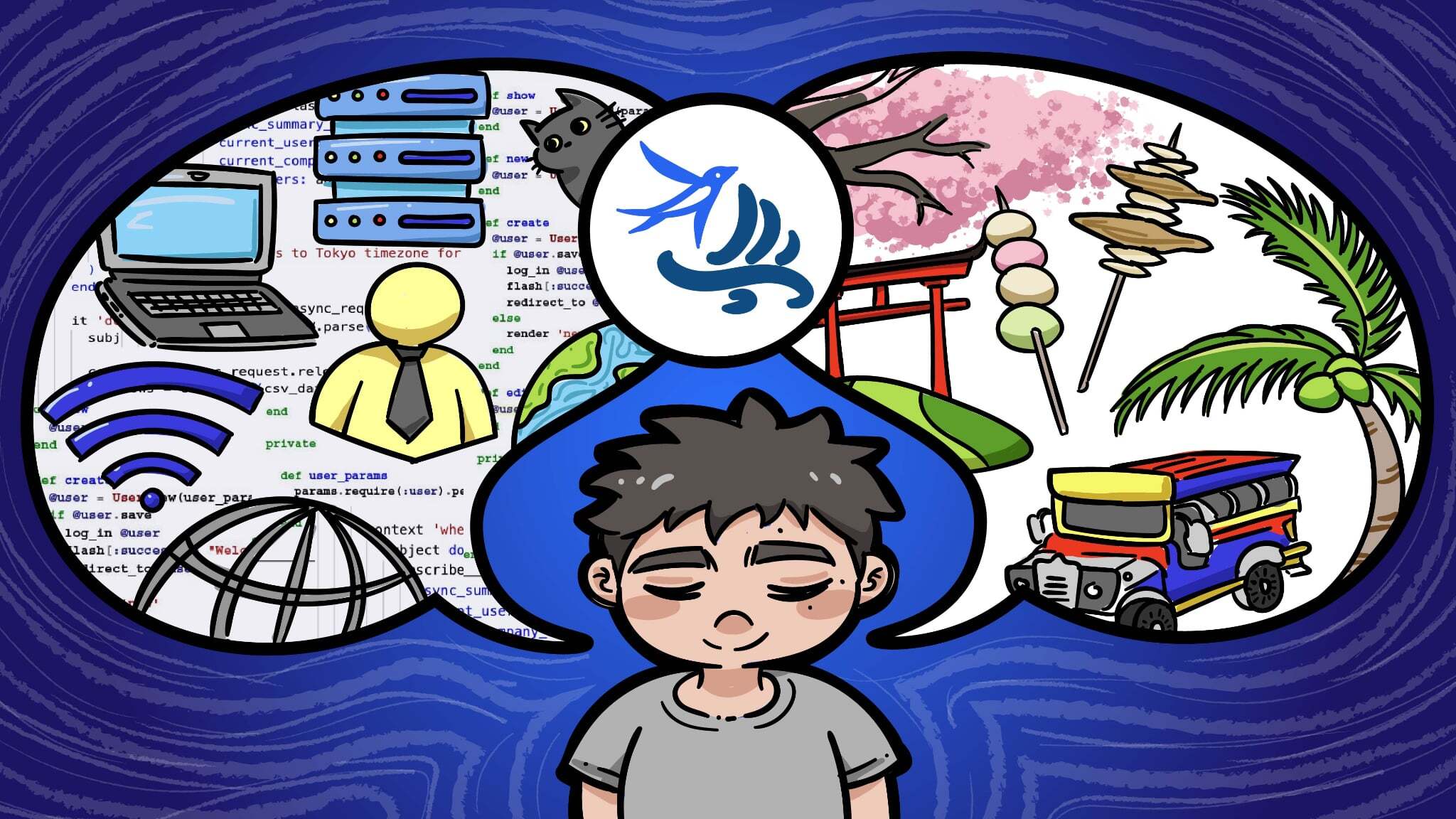
Language is Knowledge, However Adapted
- TECH BLOG
- Abel James
The term language is globally used not just in different regional or national cultures but conveniently in programming as well. When I first learned it in university, I found it weird that it was called a “programming language” instead of “programming syntax” as I thought it sounded cooler. Why are there so many of them? Why can’t we just use one for everything with a bit of tweaking here and there? I understand the cultural difference, but Software technology should be advanced enough not to divide nations. I wasn’t able to feel anything about it before, but something in Likha made me see how technology can bring out the beauty of different cultures
Being exposed to different programming languages and job experiences ultimately paved the path for me to join Likha-iT as a software engineer. I had no direct experience with Ruby on Rails, but I was eager to apply it. Until the final interview, I had no idea that cultural sharing would be a part of my experience as a programmer. Likha is structured to support many of freee’s products being widely used in Japan. Like my fellow engineers, I was assigned to a project named Employee Portal. As the name suggests, it is a web portal where employees can manage content assigned to them. Despite the language difference and moments where some items may be lost in translation, we felt united. Why? We worked on products with one goal.
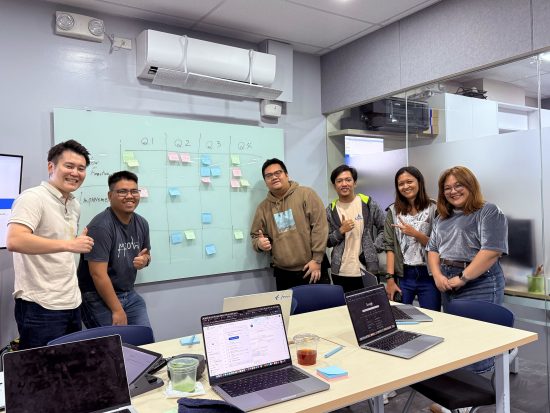
It was a challenge verbally as the Japanese language is not the easiest to learn. We worked with other Japanese members to fulfill our product features. What helped? The product itself. Despite the language barrier, we were all working within the product and codebase. We all had the desire to deliver to employees their tasks and announcements by building sophisticated applications that the users can appreciate.
We needed to break the language barrier somehow. Without knowing it, we were already breaking it through our tech languages. Us engineers let our features work. Our QA makes excellent test charters catered for both English and Japanese speakers. Our PDM provides guidance in the form of their critical feedback on the output. Our designer communicates through their outputs and trusts the devs. With the use of other technology (translators, digital docs, and A.I.,) we are able to deliver on time and have multiple releases!
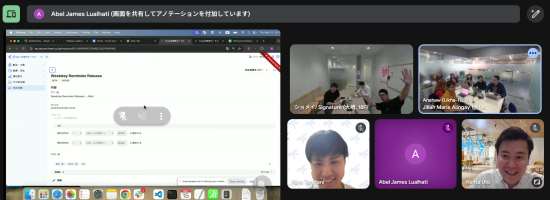
I am a Japanese speaker myself (surprise?), and many said it is a game-changing skill to have. It is, but not in a tech way. In my experience, it is something I was glad to have as it let me appreciate how both nations work and how their cultures intertwine through Likha. Filipinos help make a product for Japan and the Japanese Business Owners. My teammates were very helpful and encouraging in my development outputs, and I definitely can say I have grown with them as equals. They made the workplace such a joy to work in, and the trust they give me when it comes to development and feature documentation is something I really appreciate. Our Japanese members really engage in technical discussions, and they provide so much input, which means they see us as colleagues and not as expendable people (harsh, I know, but that is the reality in the majority of the corporate world). With Filipinos learning the Japanese culture through Freee’s products and Freee members learning the culture (Japanese members love our sisig) and utilizing the talent us Filipinos can offer, I can confidently say Likha has broken the stigma of language barriers with flying colors.
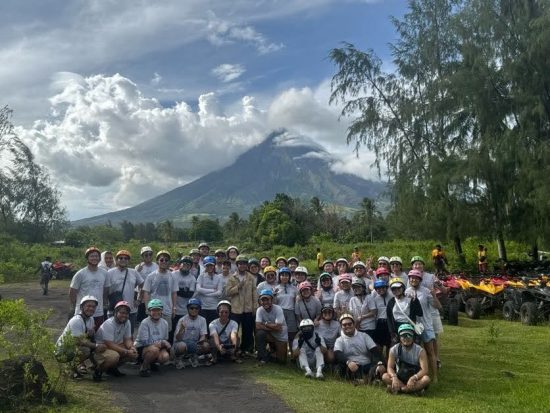
Returning to the question: Why can’t there be one syntax for all? Each language, both the programming and cultural language, has its ways of interpretation backed with history and our upbringing, and it enables the user of the language to showcase their skills within. Language is a type of knowledge that allows a person to express and share their skills. However, it is adapted; it is an elegant concept (the first letters of the capitalized words spell out LiKHA by the way). Enabling that concept is Likha-iT as we sail towards the future!

